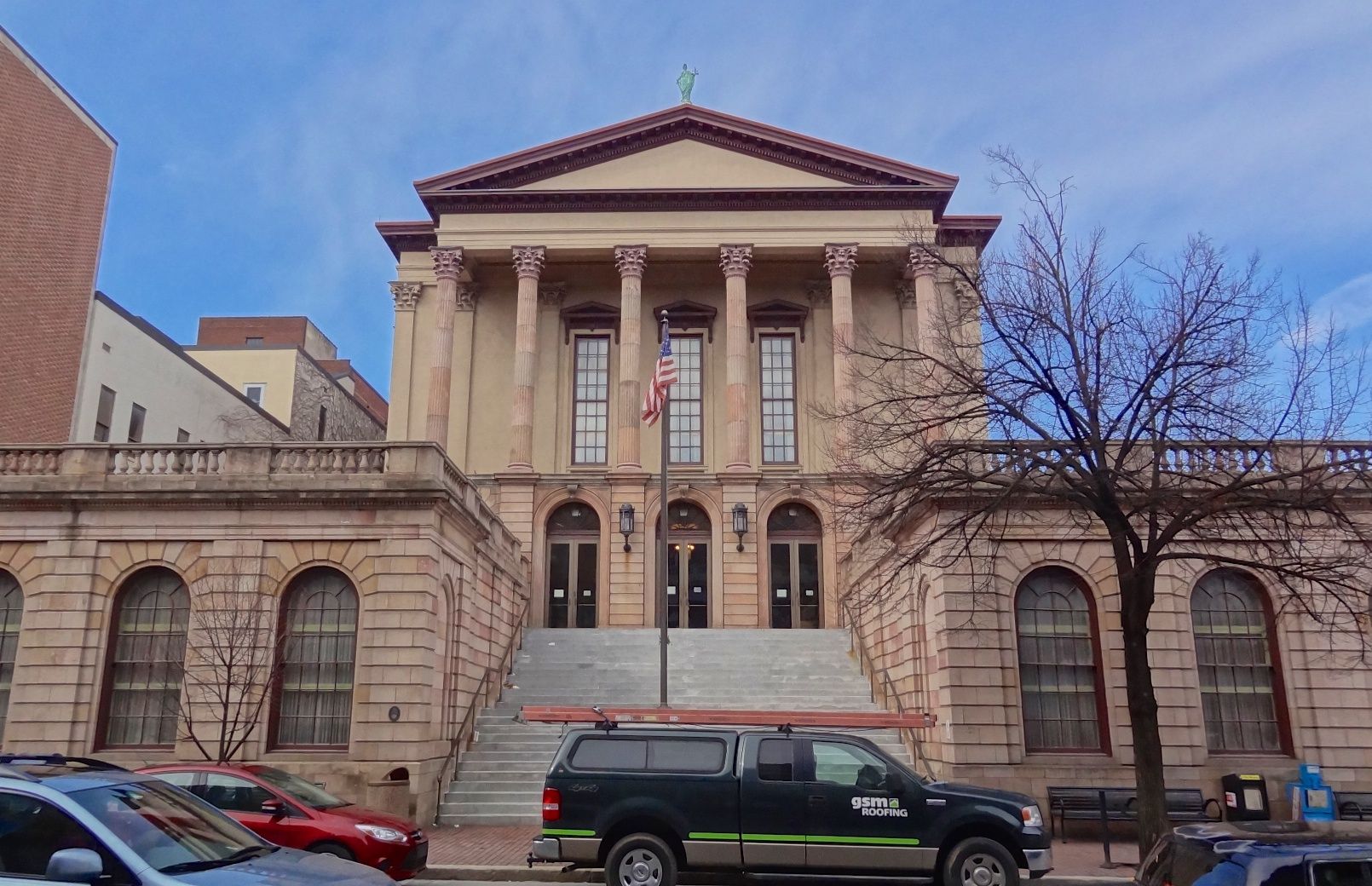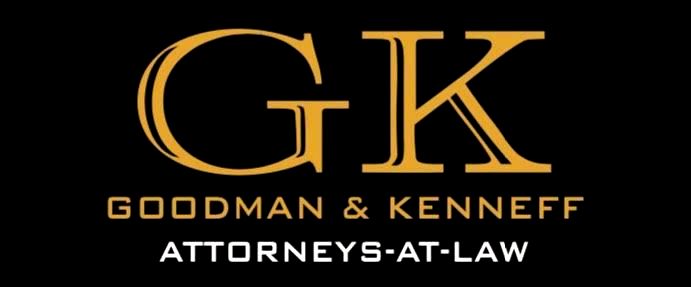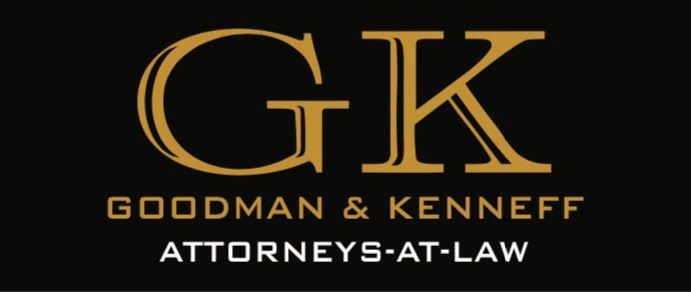An Occupational Limited License (OLL) is a limited driver’s license issued to a driver whose Pennsylvania driving privilege has been suspended. An OLL, also known as a “Bread and Butter” license, authorizes driving a designated motor vehicle, under certain conditions, only when it is necessary for the driver’s occupation, work, trade, medical treatment or study.
In many instances, when a driver’s license is suspended, he or she is not eligible to receive an OLL due to the nature of the offense. A violation of the Controlled Substance Act, including Possession of a Small Amount of Marijuana, for example, is a crime for which the offender is not eligible to receive an OLL.
In other instances, such as a conviction for Driving Under the Influence (DUI) in Lancaster County, eligibility depends on a number of factors. A first offense DUI conviction, for example, qualifies only if the driver is given a one year suspension. However, under those circumstances, the OLL cannot be issued until the driver has served 60 days of the one year suspension. The “one year suspension” language is important because that means a driver accepted into the ARD program (which results in either a 30-day or 60-day suspension) is not eligible to receive an Occupational Limited License. The only other DUI convictions in which an offender may qualify for a “Bread and Butter License” is where the law mandates an 18 month license suspension and the driver has no more than one prior DUI offense within the prior ten years (in other words, a second offense where the operator’s BAC exceeds .10%). Under those circumstances, the driver must have served 12 months of the 18 month suspension, have satisfied all restoration requirements and have the ignition interlock installed on your vehicle before an OLL will be issued.
If you have been arrested under suspicion for a DUI in Lancaster, PA or Millersville, PA, contact an experienced Lancaster, PA DUI attorney to explore all your options prior to having your driving privileges suspended.
The post Am I eligible for an Occupational Limited License? appeared first on Goodman & Kenneff.




